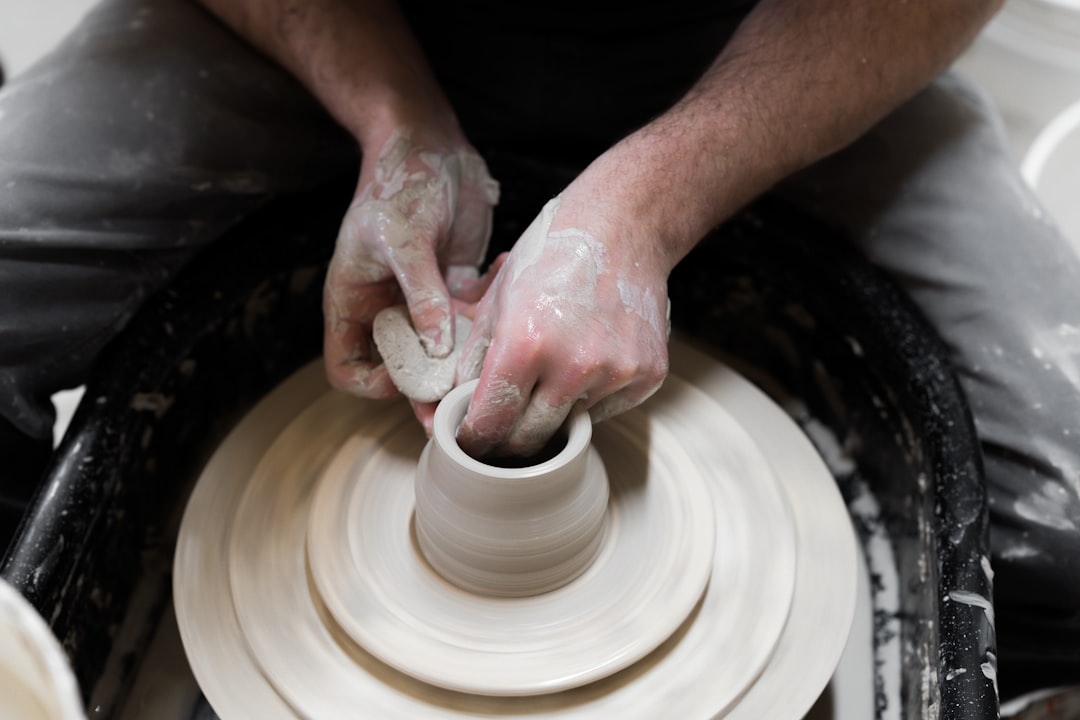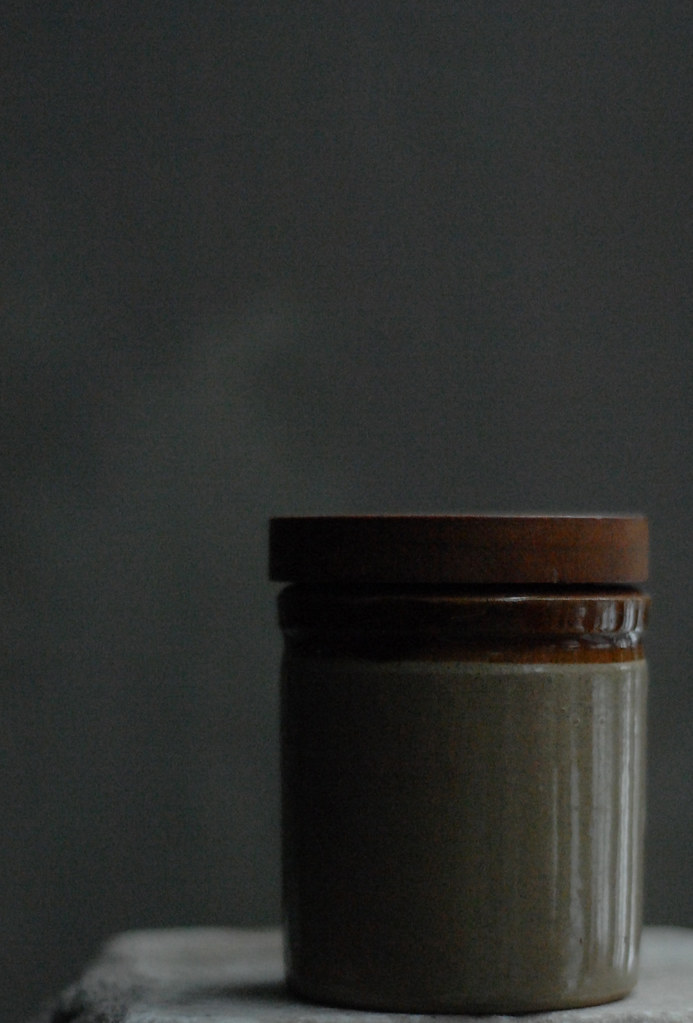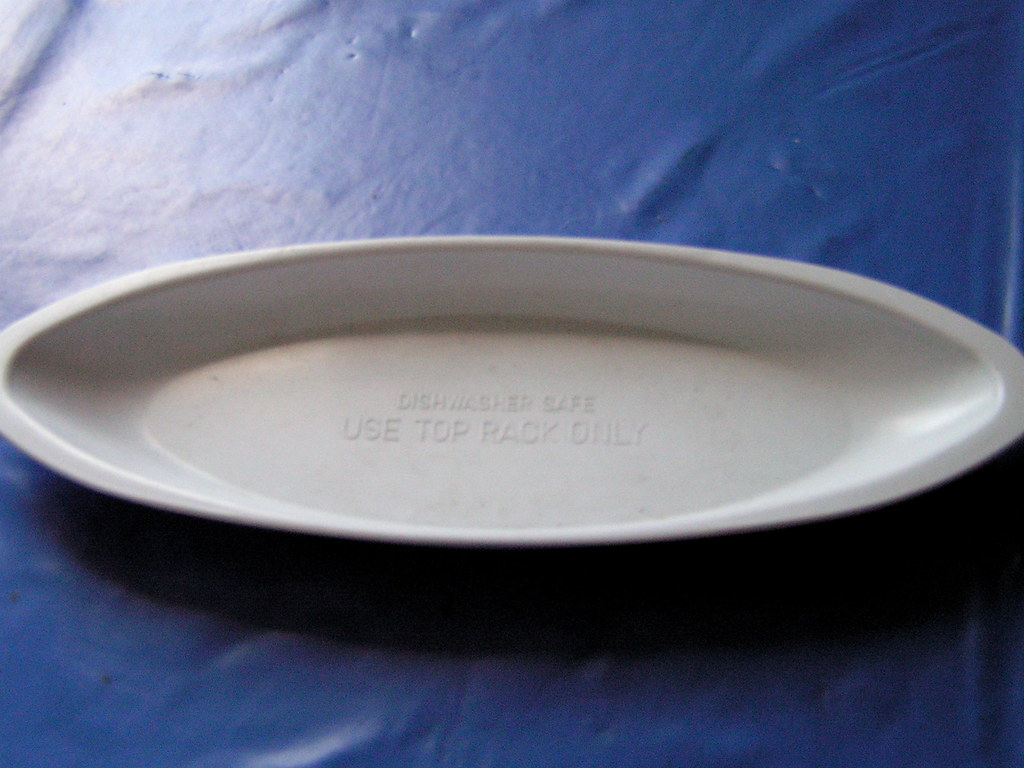Is stoneware dishwasher safe? This is a common question as many people aim to balance convenience and care for their dinnerware. Stoneware is inherently more durable than more delicate ceramics, such as porcelain or bone china, due to its ability to withstand high temperatures and resist staining. However, while stoneware is generally considered safe for dishwashers, the cumulative effect of the wash cycle’s pressure and alkaline detergents might lead some manufacturers to recommend hand washing to extend its lifespan. Below is a comparison to help determine the dishwashing suitability of stoneware:

| Feature | Stoneware | Considerations |
|---|---|---|
| Durability | High | Less prone to chipping or cracking compared to porcelain |
| Heat Resistance | Excellent | Can endure dishwasher temperatures |
| Manufacturer Guidance | Varies | Check specific products for dishwasher safety recommendations |

Understanding Stoneware’s Dishwasher Friendliness
Being able to toss your dinnerware into the dishwasher without a second thought is one of life’s simple pleasures—except when that dinnerware is stoneware, where a few caveats come into play. Stoneware, known for its durability and heat resistance, typically stands up well under high temperatures, which is great news for its dishwasher compatibility. However, the alkaline nature of many dishwasher detergents can be harsh over time, posing potential risks like chipping or glaze wear.
- Durability: Stoneware’s strength is one of its best qualities, making it less prone to chipping compared to other ceramics.
- Heat Resistance: It comfortably handles the high temperatures inside a dishwasher.
- Staining: The dense and glazed surface of stoneware resists staining, keeping it looking pristine with regular use.

The DOWAN Standard: Stoneware Done Right
If you’re in the market for dishwasher-safe stoneware, brands like DOWAN have made a name for themselves by offering dishes that embody both quality and style. These pieces are free from harmful chemicals like cadmium and lead, ensuring they are not only safe for dishwashers but also for everyday use in your kitchen. Their designs boast elegant aesthetics while maintaining a functional, scratch-resistant surface.
Looking into what makes a quality piece of stoneware is key. Keep an eye out for:
- Even Glaze: This ensures both visual appeal and protection against wear.
- Weight and Thickness: Heavier pieces tend to be more durable, although they might be less convenient to handle.
- Manufacturer Recommendations: Always a useful read for insights on extending the longevity of your items.

Practical Tips for Stoneware Longevity
To preserve the luster and durability of your stoneware, consider these simple tips. Ensure proper spacing in the dishwasher to prevent items from banging into each other during the wash cycle. Use gentle detergents when possible to reduce the impact of harsh chemicals. Even though many will say their stoneware is safe for dishwashers, a gentle hand wash occasionally won’t hurt and will likely extend the life of your cherished pieces.

Ultimately, while many manufacturers ensure their stoneware products can withstand the dishwasher, a bit of extra care always goes a long way in maintaining their beauty. For more information on the historical and practical aspects of stoneware, explore insights from the Florida Museum and its detailed discussion on stoneware variations, or learn about the characteristics of colonial stoneware through resources provided by the Jefferson Patterson Park. For a deep dive into the role stoneware played in history, the New York State Museum offers an engaging exhibition overview.
What’s your strategy for caring for your stoneware? Share your tips in the comments! To stay updated with our most recent articles and insights on ceramics, kitchenware, and home living, check out our blog.
How to make pottery Food Safe, Microwave Safe, & Dishwasher Safe // It’s all about Vitrification!
To further explore the durability of stoneware and its compatibility with dishwashers, check out this insightful video by Pottery to the People. In “How to make pottery Food Safe, Microwave Safe, & Dishwasher Safe // It’s all about Vitrification!”, the importance of vitrification in making pottery safe and durable for various uses is thoroughly explained.
Can I put my stoneware in the dishwasher?
Yes, you can typically place stoneware in the dishwasher—especially if it’s labeled dishwasher-safe. However, it’s always wise to check the manufacturer’s care instructions first. Each stoneware piece can have its own unique glazing and design, and confirming those details helps you maintain its beauty and durability.
Is stoneware good for a dishwasher?
Glazed stoneware is usually dishwasher-friendly and can be a convenient option for quick cleanup. Unglazed or partially glazed pieces, on the other hand, may absorb water or stains, so hand-washing them is safer. Also, allow your stoneware to cool to room temperature after use before loading it into the dishwasher to prevent sudden temperature shocks.
What are the disadvantages of stoneware?
One potential downside of stoneware is its porous nature. If not thoroughly glazed, it can absorb liquids or odors—especially when used to serve dishes with bold flavors like curries or tomato sauces. Additionally, stoneware is often heavier than other materials, which can be cumbersome to handle or store. However, with proper glazing and care, most stoneware holds up well for everyday dining and dishwasher use.
In the end, stoneware can be a fantastic addition to your kitchen, offering both durability and timeless style. While many stoneware pieces are dishwasher safe, it’s always a good idea to check the manufacturer’s care instructions to ensure your dishes stay in great condition for years to come. Balancing convenience with proper care will help you enjoy your stoneware without any worries.
Stay Connected
If you found this information helpful, we'd love for you to join our community on Instagram. Follow us for more tips, updates, and inspiration to keep your home both beautiful and functional. Let's stay connected and continue the conversation!
